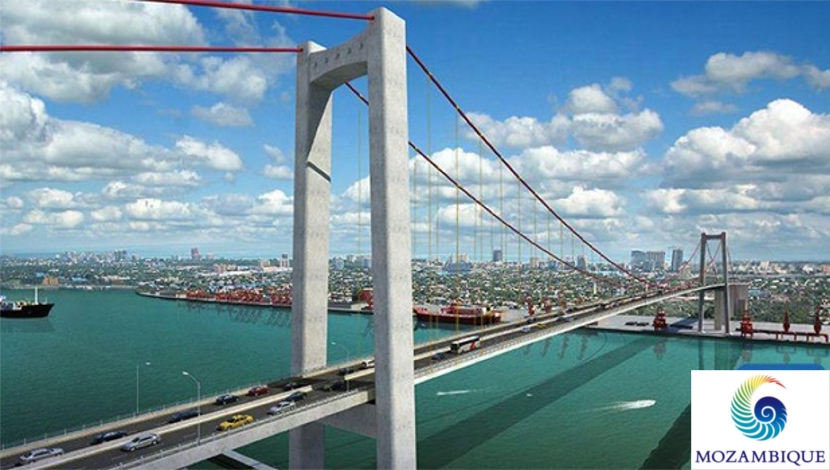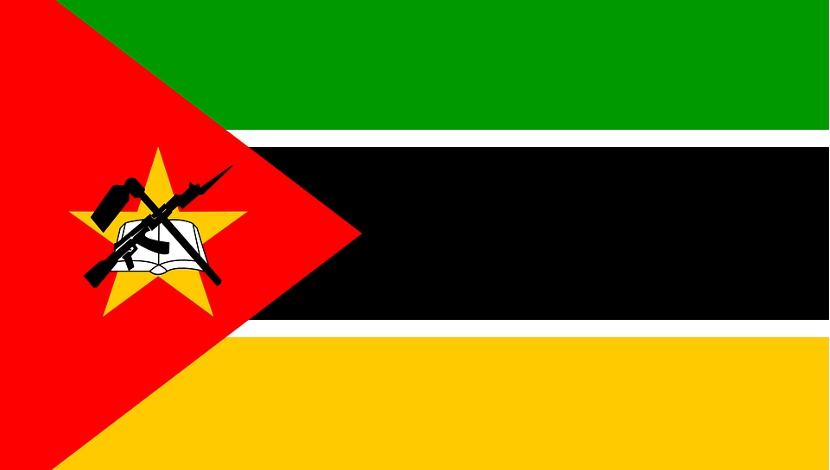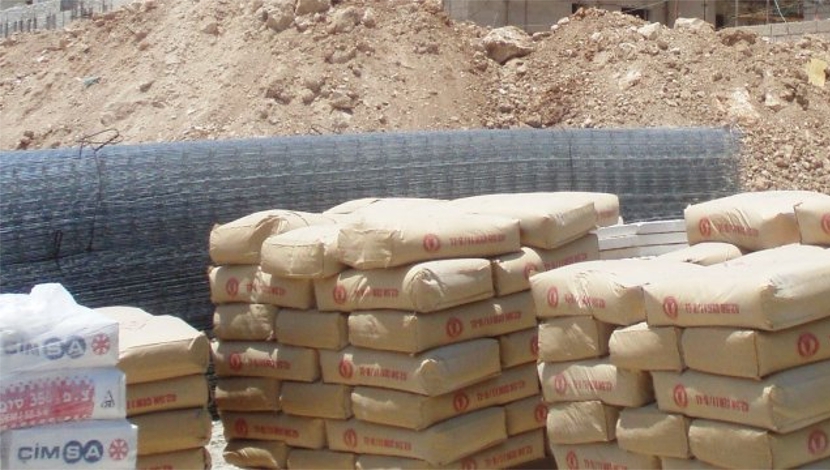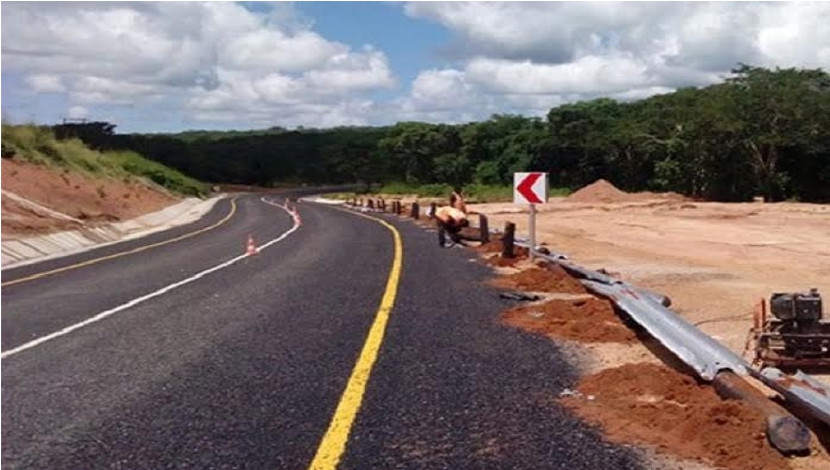
Developing liquefied natural gas (LNG) facilities at the coastal village of Palma, in Mozambique, will likely facilitate a real gross domestic product (GDP) increase for the country of 800% by 2035, with the government receiving over $200-billion in receipts over the life of a six-train facility, Standard Bank claims.
The bank said the development of provable reserves and the scaling-up of the currently planned LNG facility to its potentially multitrain capacity would establish Mozambique as one of the largest exporters of LNG.
“The opportunity scale, for developers, the government and citizens of Mozambique, as well as private participants across all sectors is, therefore, enormous.”
Italian oil and gas company Eni had, meanwhile, made an offshore discovery that offered a mineral potential of about 2 5-trillion cubic metres of gas. Standard Bank noted that these world-scale discoveries would need large volumes of contracted LNG sales to underpin the sizeable offshore and onshore development requirements associated with monetising the gas.
“As Mozambique develops into a global energy player, it can also become a regional energy hub providing petroleum products, chemicals and power to neighbouring countries,” commented Standard Bank global oil & gas head Simon Ashby-Rudd.
Ashby-Rudd added that a final investment decision of Mozambique LNG would be a “game-changing development” for Mozambique and would be key to unlocking future investment in the country.
By: Natalie Greve





